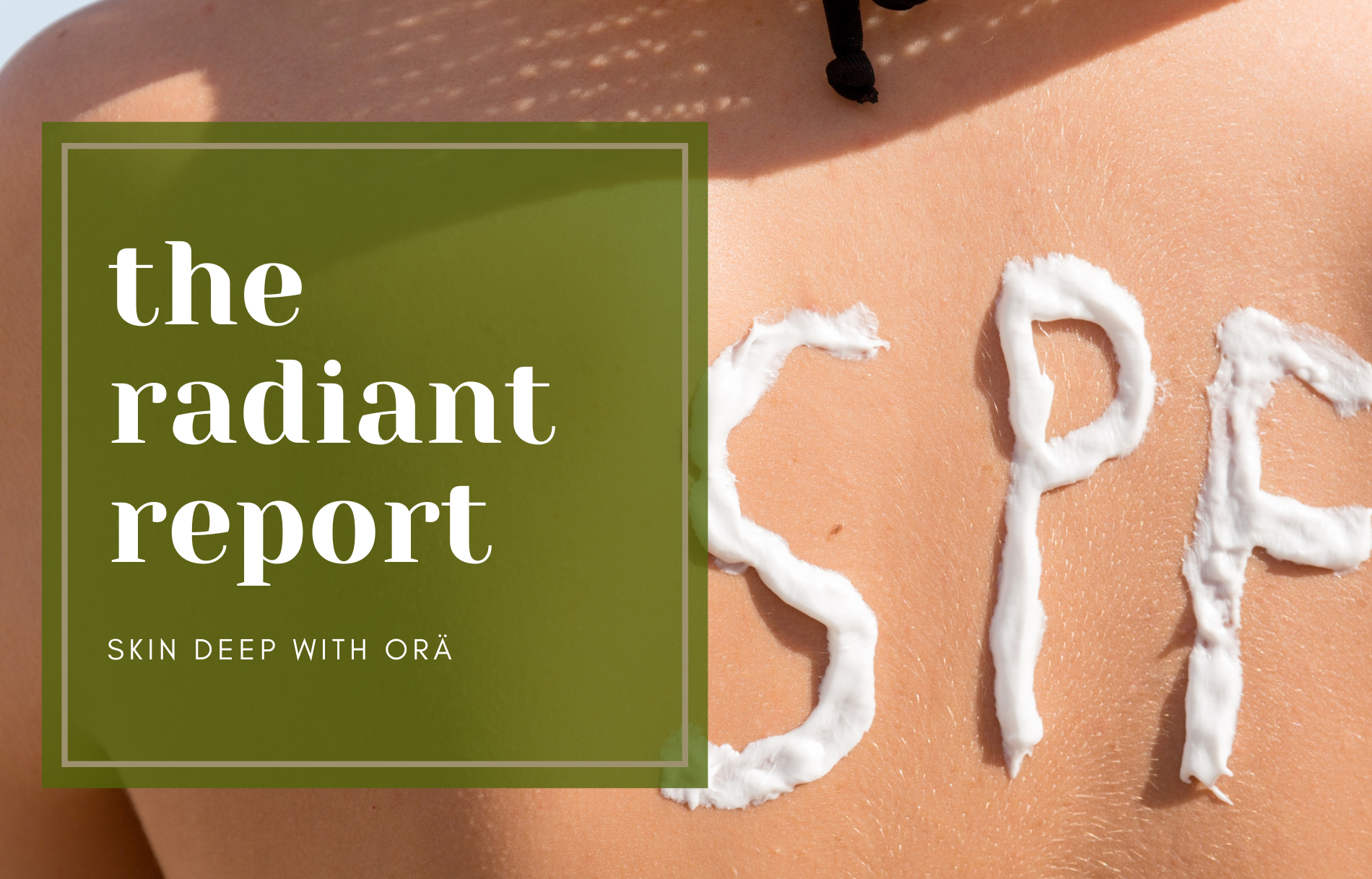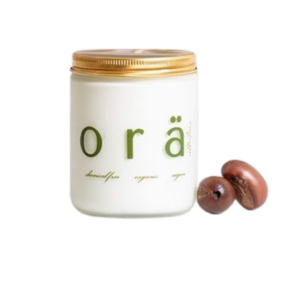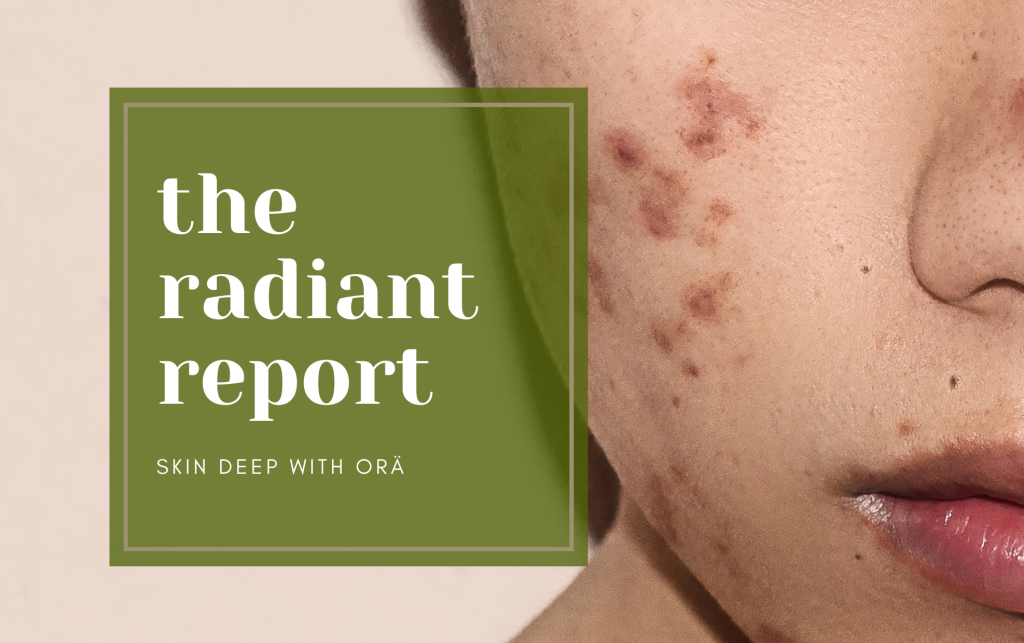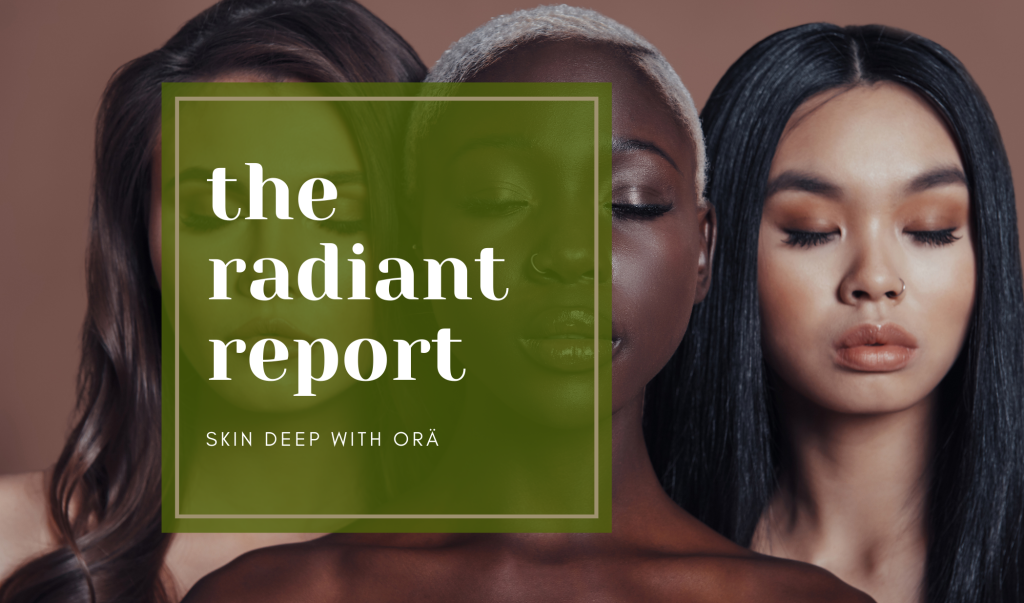
Every summer, we’re bombarded with reminders to slather on sunscreen, as if the sun itself is out to get us. From ads to skincare influencers, the sunscreen propaganda is strong. But here’s a thought: Did our ancestors need sunscreen? No! And they weren't exactly dropping like flies from skin cancer. So, what's the truth here, and why is it now a billion-dollar industry?
Sunscreen was first invented in 1938—yep, less than 100 years ago! But somehow, we've been convinced that without it, the sun will literally fry us. The truth is, people have lived under the sun for centuries, thriving without modern-day sunscreen, and cancer wasn’t as rampant as it is now. This begs the question, is the sun really our enemy? Or are we just being sold fear?
Now, for my melanated folks, the truth is we don’t need daily sunscreen like we’re led to believe. Our ancestors had rich melanin that naturally protected them from the sun’s rays, and guess what? So do we! Melanin acts like a built-in SPF, giving us extra protection from UV damage. Of course, this doesn’t mean we should bake in the sun for hours on end, but wearing sunscreen daily—especially chemical-laden ones—is probably unnecessary for us (and in my case, I've never worn it a day in my life).💁🏽♀️
For my beauties with lighter skin tones or sensitive skin, this doesn’t mean you should totally ditch SPF - use your discretion. If you burn easily, wearing a natural sunscreen when you're going to be in the sun for extended periods makes sense. The key here is natural SPF—no chemicals, no harmful fillers, just straight-up protection that works with your skin, not against it. Find them at your local health food store or from trusted natural skincare brands that steer clear of toxins.
Before you grab the first bottle labeled SPF 50, take a second look. Here’s a list of some common harmful ingredients found in many conventional sunscreens:
Interestingly, a number of holistic doctors and scientists are now supporting the theory that our diet—especially those high in seed oils—and exposure to pesticides and environmental toxins contribute to our sensitivity to sunburns. These factors can compromise our skin's natural defenses, making us more susceptible to damage. So, it’s worth considering how what we eat impacts our skin health.
If you absolutely need to wear sunscreen (like if you’re going to be at the beach all day or hiking in the desert), opt for natural, mineral-based sunscreens. Look for ingredients like zinc oxide or titanium dioxide—they physically block the sun’s rays without seeping chemicals into your skin. Brands that carry these can usually be found in health food stores or organic skincare lines. And remember, just because a product claims to be "green" or "natural" doesn't mean it's clean. Always check the ingredient list!
Daily use of chemical sunscreens introduces toxins into your bloodstream through the skin. Given that your skin absorbs whatever touches it in less than 60 seconds, it’s alarming to think about what long-term exposure to these chemicals can do. Hormone disruption, skin irritation, allergic reactions, and even cancer have been linked to long-term use of toxic sunscreens.
Here's the bottom line: our skin is our largest organ, and it deserves respect. By using natural skincare products (the kind that are actually clean, not just green-washed), we allow our bodies to work in harmony with nature. Think about it—if your brain can’t pronounce an ingredient, do you really think your body knows what to do with it?
 Nature’s farmacy is full of ingredients that can keep our skin clear, healthy, and glowing. Shea butter, aloe vera, rosehip oil, and jojoba oil—all these natural ingredients can work wonders for your skin without loading it up with chemicals. If you're out in the sun for a short period, your skin is probably doing just fine without the need for SPF every single day. Let nature work for you!
Nature’s farmacy is full of ingredients that can keep our skin clear, healthy, and glowing. Shea butter, aloe vera, rosehip oil, and jojoba oil—all these natural ingredients can work wonders for your skin without loading it up with chemicals. If you're out in the sun for a short period, your skin is probably doing just fine without the need for SPF every single day. Let nature work for you!
Have a skincare concern you haven't been able to resolve—whether you’ve tried chemical sunscreens or not? Drop a comment below, and let's explore a solution together! Because, let's face it, our skin deserves better. Let’s glow, naturally 🌿✨!

